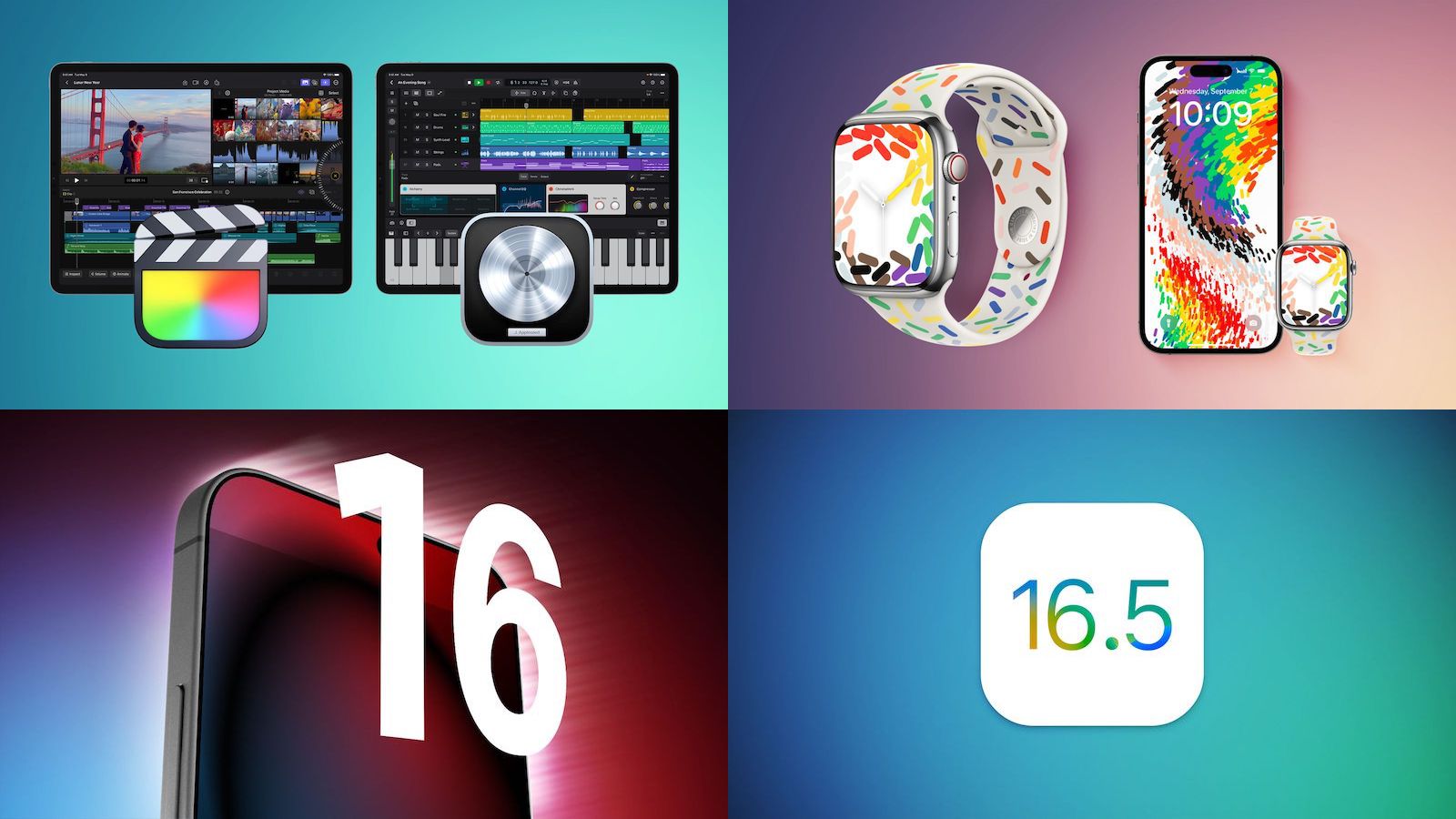
Smart TVs have become the standard in recent years, and devices like the Firestick and Chromecast can help smarten up a “dumb” TV. But stick PCs are also an option, and could give you a whole lot more for a little more cash.
Smart TVs are currently the standard, and many of us enjoy the expanded capabilities that come with them. But when you really think about it, smart TVs are pretty limited, and you can do a whole lot more with your television for not much money at all. What you really need is a stick PC.
A stick PC is exactly what it sounds like. It’s around the same size as something like an Amazon Firestick, but more powerful. It also tends to run a full PC OS, like Windows, Linux, or Chrome OS, instead of a modified version of Android or something proprietary.
Stick PCs get overlooked a lot, but there is definitely a niche for them. Plugging something into the TV obviously isn’t an issue, or Amazon’s Firestick wouldn’t exist. Similarly, there’s a call for home entertainment systems, and many people go above and beyond to get one. Plenty of Raspberry Pi projects result in what is basically a stick PC. So read on as I explain why these often derided little computers should be given a fair chance.
They’re a Similar Size to many Smart Solutions

Stick PCs and the accessories you need to run them don’t take up much room at all. So if you have a cramped living space and are concerned about adding more devices to it, they’re a good alternative to small desktop PCs.
If the name didn’t give it away, stick PCs are pretty compact. The average one is about the same size as a slightly beefy Amazon Fire TV Stick. While this is still bigger than a TV with a built-in Smart feature, it is also smaller than many Smart TV solutions, including Apple TV and the Fire TV Cube. They are also usually capable of being plugged directly into an HDMI slot, so you can position one at the back of the TV where it’s out of sight and not getting in the way of anything.
In terms of input, you can buy a small touchpad and keyboard combo for relatively little money, Logitech makes one that’s about the same size as a regular keyboard, but if you really want to trade function for compactness — some are smaller than the average gamepad.
Broader Compatability Has to Be Considered

There isn’t a single, universal, smart TV. Instead, several manufacturers produce their own similar, yet different, systems. There are platforms like Roku, Amazon Fire, and Google which are adopted by a wide range of manufacturers, but larger manufacturers prefer to keep things in-house. Vizio, Samsung, and LG a few examples of manufacturers who prefer to include their own OS with the smart TVs they make and sell.
All of these manufacturers are in competition with each other, and they don’t always play fair. While independent companies like Netflix may want their app on every platform, if a company owns a Smart TV brand and an app then you could see a degree of exclusivity emerge. The most famous example of this is Roku’s spat with Google which resulted in one of the most popular apps no longer being available on one of the most popular smart TV platforms.
Stick PCs don’t have this problem. While direct “apps” are available in some cases, stick PC users can bypass the need for one by simply visiting the website of the streaming service they would like to view. There are no more worries about any events or services no being compatible with your preferred TV platform.
They Don’t Track You… As Much

Online privacy is a major concern these days, and unfortunately, companies are going to be using you as a data mine whatever you choose to use. But some solutions are better than others. Many Smart TVs track your viewing habits and sell that data. If your Smart TV requires an account or profile, as many do, then that data is pinned directly to you.
Stick PCs don’t do this. You’ll still be tracked as much as websites will track you, or Windows will do its thing, but there are more things you can do to prevent tracking on a PC — if that’s a major concern of yours.
As an added bonus, a smart TV can track what you’re watching on the TV’s own apps, but it can’t follow what you’re doing on your stick PC. So if you want to keep your addiction to early 2000s VH1 dating shows under wraps, you can the likes of Flavor of Love on Tubi’s website via your stick PC and your TV manufacturer will be none the wiser.
Why Limit Your Possibilities

The benefits of a stick PC go beyond compatibility with your favorite streaming service. Despite its small size, it is still a computer and you should be able to do anything you can currently do on a Chromebook with it. So while you won’t be playing Elden Ring, you can still do a lot of light gaming. Anything that will run on a smartphone should run just fine on a Smart TV.
Emulation is another possibility. Though an emulator must be a few orders of magnitude more powerful than the console the game is originally on, most decent stick PCs should be able to handle anything up to and including PlayStation 2 game without any issues. It is worth noting that if you want to use your stick PC as an emulator, you may be better off with one that runs Windows. It’s possible to get emulators for Chrome OS and Linux, but the selection is more limited and you’re going to have a more difficult time setting everything up.
Then there’s “neutrality” to consider. Amazon’s products are so cheap it’s reasonable to think the company is breaking even at best on them. That low price comes at a cost. Most amazon products are basically designed to sell you other Amazon products and services. Apple’s products are designed to function with other things, but only really perform at their best within Apple’s own ecosystem. A stick PC, especially one running on something like Linux, won’t be biased towards a particular manufacturer or outlet.
It’s a Valuable Backup and a Potential Daily Driver

I own a stick PC and use it for entertainment purposes pretty regularly. However, that’s not the main reason I keep it around. As I write for a living, having access to a functional computer is a necessity. And unfortunate things do happen from time to time. If I was limited to the laptop I am currently writing this on, I may find myself in significant trouble at some point. Laptops can be stolen, coffee can get spilled, and occasionally they can just die for no discernable reason.
Don’t get me wrong, this would still be a tremendous pain in the posterior. But I wouldn’t find myself unable to work, as I can just boot up the stick PC and get back to writing. Simple tasks like that are not particularly taxing for a tiny, modern, PC.
On that note, I would argue that many people don’t need a particularly powerful computer. If all you do is office work, or browse the web, or mess around on social media, a stick PC can totally fill that void. Given the success of the Chromebook, there’s a significant market for cheap, functional, computers. While they lack the portability of Google’s notebook due to the need for some kind of monitor, stick PCs are a bit cheaper. So there is some benefit to picking one over a Chromebook.
The Price is Pretty Reasonable

Just to state the obvious, a stick PC is more expensive than a Fire TV stick or a Chromecast. They’re also slightly more expensive than a Fire TV cube. However, if you were considering getting something like Apple TV, there are plenty of decent stick PCs within the same price range. Apple TV units tend to retail for around $150 for a fourth-generation model. That amount of money will get you a pretty good stick PC. You can even get something decent for $125, which is what a newer Fire Cube sells for outside of Amazon’s constant sales events.
Even if a PC stick is a touch beyond what you intended to spend, I would argue the additional functionality more than makes up for the cost — and if you’re in the market for a new computer, it could actually be the cheaper option.
If you really care about performance, there are also reasonably powerful stick PCs on the market at around $200. These won’t pack the punch of a gaming laptop or editing rig, but they’ll perform most tasks exceptionally and could be a bit more future-proof than a bargain choice. Either way, shop around and consider your options — just don’t write stick PCs off before you try them.







